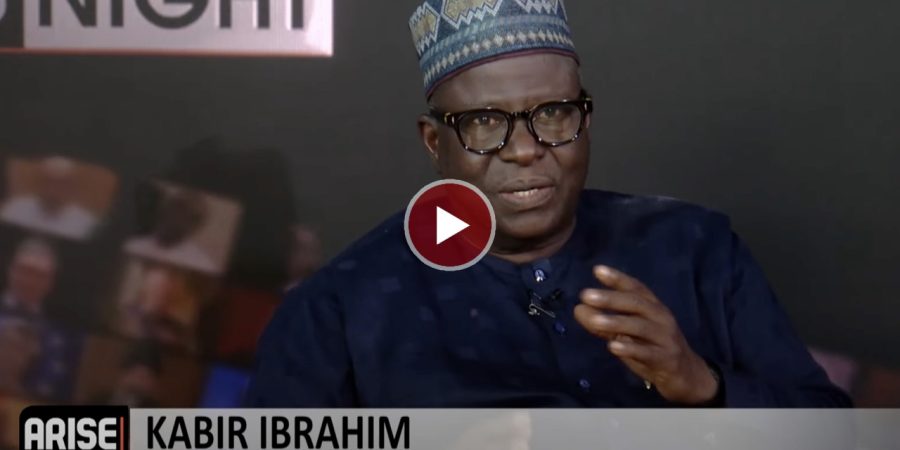Nigeria’s battle with food insecurity will not be won by road transport committees alone, according to Kabir Ibrahim, President of the All Farmers Association of Nigeria.
Speaking on an interview with ARISE NEWS on Thursday, Ibrahim, on food inflation insisted that multiple factors ranging from unaffordable inputs and insecurity to poor regional planning must be addressed urgently.
“The productivity is quite low now, more than any other time. We have insecurity, and inputs like fertilisers are unaffordable no fertiliser sells less than 50,000. Unless costs come down, farmers cannot produce and sell at lower prices.”
He warned of farmer’s reluctance to return to their fields, particularly rice and maize producers, “They are saying that what obtains in the market is not such that they can really go back to the farms to produce more because they are not getting optimum or fair prices.”
For him, transportation is only one part of a broader food system, calling for region-specific food strategies “Production, processing, distribution, storage and marketing are all factors. And then there is consumption. If I go to the Southeast, for instance, and give people only rice, they will not look at it as food. Cassava should be the focus. So what we must do is to first identify those staples in the given regions and then optimise production of those things.”
He urged authorities to provide security for farmers, subsidise inputs, and explore innovative measures to ease movement of produce, suggesting dedicated vehicles for food, saying, “These articulated vehicles, you mount sirens on them when they are carrying food. They give you free lanes. That’s what happens elsewhere.”
Ibrahim revived the idea of guaranteed minimum prices to stabilise the sector. “In 2008, the GMP was created so farmers could get attractive prices for their produce to go back to the farms. This is what happens in the United States. You might find over 6 million metric tonnes of maize bought and kept by government as a buffer zone. If there is scarcity or inflation, this will be released at rock-bottom prices. That is the best way to cushion inflation.
He added that Nigeria already has storage capacity to make this possible, “The current capacity that can be accessed easily is 400,000 metric tonnes, but on the whole, we have 1.3 million metric tonnes capacity. Government should buy off what people are keeping, put it in our storages, and release it later to stabilise prices.”
Erizia Rubyjeana
Follow us on:



